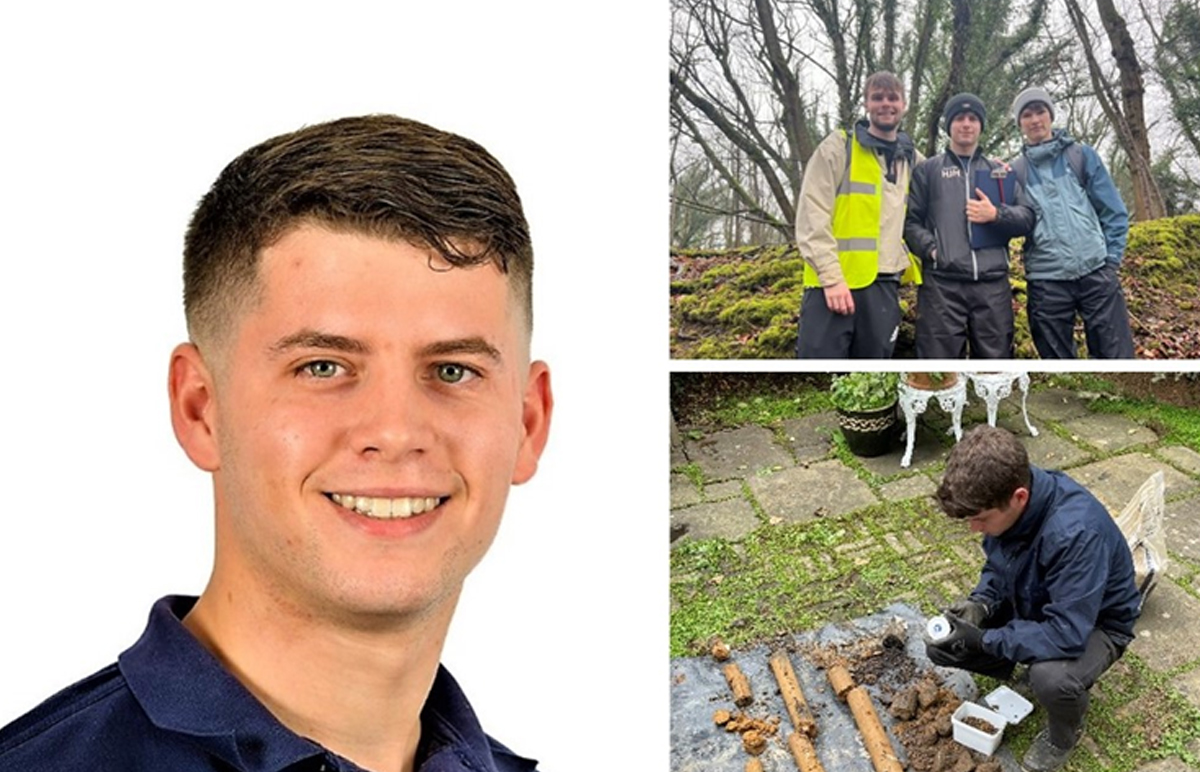
…on 3rd January, 2003, fresh-faced and suitably dressed, that I started GEA. Twenty years later, I've lost my tie, kept most of my hair, if not its colour, and had a great time with some wonderful colleagues.

In order to improve the way we operate, we need to fully understand how our clients feel about the service we provide.

How did I get into the ground engineering industry? I was originally planning a career in an entirely different field of work, and engineering geology/geotechnical engineering isn't particularly a well-known career. It is one that I didn't even know existed! However, after having a conversation with a neighbour, who explained the career that they had as a civil engineer turned geotechnical engineer, describing the roles they had in projects in the UK and around the world! I was inspired to see how I could get into this profession. I recall having a phone call with Nick Koor (course lead for BEng Engineering Geology and Geotechnics) from the University of Portsmouth, and after a long discussion about the degree and its career prospects, Nick offered me a place which I accepted straight away!

Since opening up our Manchester Office in March 2019, Martin Cooper – Technical Director – has been bringing GEA’s expertise to the north of England and Scotland on a range of projects. Building long term partnerships has, despite temporary disruption caused by COVID, resulted in growth in this region for GEA.